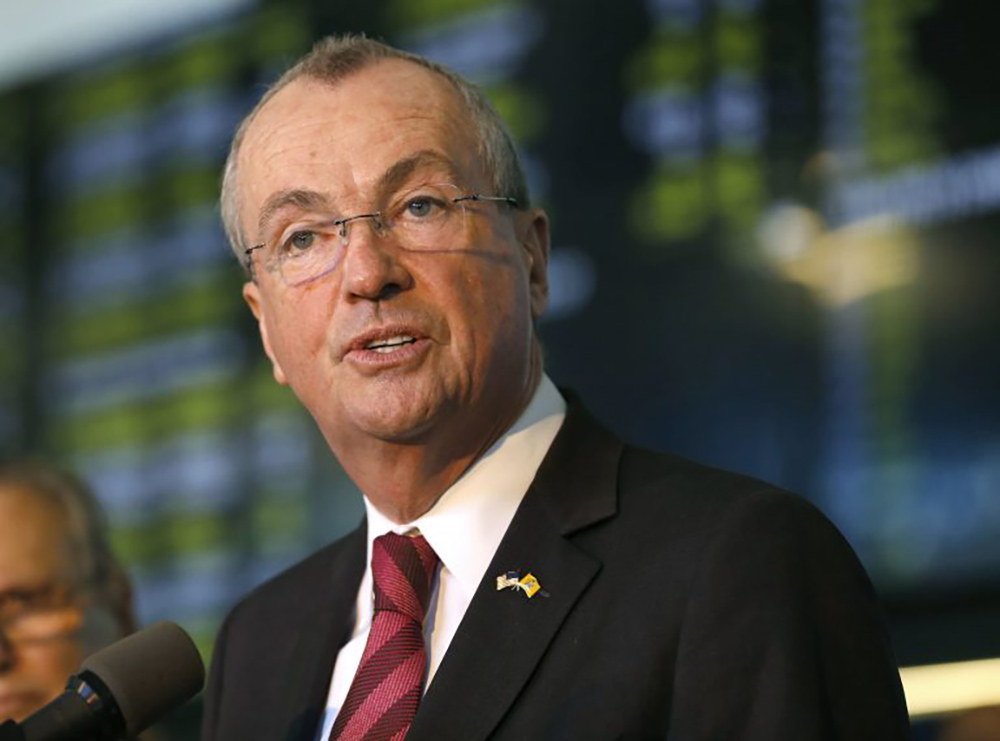|
Getting your Trinity Audio player ready...
|
NJ Considers Bringing Back Corporate Tax to Revive its Transit System
By: Ilana Siyance
New Jersey Gov. Philip D. Murphy is proposing bringing back the nation’s highest business tax, as the state grapples to fix its ailing transit system.
As reported by the NY Times, at the end of last year the governor had allowed the 11.5 percent tax to expire, in a bid to promote business and help large corporations to thrive and stay in NJ. “Allowing this surcharge to lapse will mean more money for them to create jobs, to invest in new and more efficient equipment, to lower costs to consumers and to be able to stay here,” said Gov. Murphy, a Democrat, last February as he unveiled his budget.
The tax actually expired just two months ago, but now the Gov. proposed they relapse and bring back the tax. Per the Times, on Tuesday, Mr. Murphy proposed restoring the 11.5% tax for the state’s most profitable companies, or those who make over $10 million in profits annually. He presented the tax as a permanent solution to help with the state transit system’s growing deficit. The governor’s proposal is part of a $55.9 billion spending plan presented to the Legislature in a joint session. Gov. Murphy said the tax would provide a “dedicated funding stream” for the transit agency “at no additional cost to our working families.” He added, “It is time to address our next priority: solving N.J. Transit’s fiscal challenges.”
The large corporate tax had formerly been applicable to all companies making a profit of over $1 million, but that has been amended to apply only to bigger companies with over $10 million in profits. Some 3,000 companies had been paying the tax till it expired, but with this proposal only about 600 to 700 companies would be on the hook to pay the 2.5 percent surcharge on top of the state’s base corporate rate of 9 percent, for a total of 11.5%. The money raised with this tax, estimated at roughly $800 million annually, would be earmarked towards the New Jersey Transit, as of mid-2026.
NJ transit already announced plans to raise fares by 15% to start in July, and this would not replace the hikes rather supplement them, the Times reported. The rate hikes would be across the board for all bus, train and light rail fares, but the agency’s board still needs to hold public hearings and vote. It would be the first rate hike in the transit system since 2015. The fare hike is being criticized for targeting blue collar workers who use public transit. Transit advocates have long been seeking a steady source of income for funding, and have advocated for months to restore the 11.5 percent corporate tax. This led Gov. Murphy to propose the “corporate transit fee,” as he called it.
The business community has already spoken out in opposition. Tom Bracken, president of the New Jersey Chamber of Commerce, said that in returning to the country’s highest rate, the state will have “deliberately chosen” to send a message that it is “an unpredictable place to set up shop.”
New Jersey Transit is projected to have a deficit of about $900 million by 2026. Gov. Murphy said the corporate tax will allow the transit system a steady annual budget of its own moving forward. “Simply put: this budget will ensure that New Jersey retains its proud reputation as the best place, anywhere, to raise a family. It will make life more affordable for more of our neighbors by delivering record-high tax relief, lowering the costs of necessities like health care and housing, and creating new opportunities in the industries of tomorrow,” said Governor Murphy. “Just as importantly, with this budget, we are maintaining fiscal responsibility while also remaining true to our values – from fully funding our public education system to proposing a new, dedicated funding stream to support NJ TRANSIT. Together, we are building a New Jersey that is stronger and fairer than ever before.”




